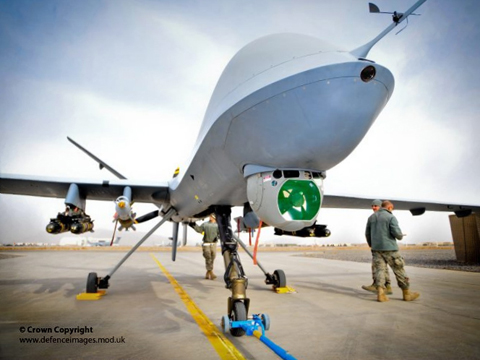
When confronted with the post-1945 diversification of hard power described in Friday’s blog, how did the national security establishments of the Euro-Atlantic zone react? Well, you could say the response was problematic. There is a reason that mischievous wags claim military intelligence is an oxymoron or that armies are synonymous with “tradition unhampered by progress.” Change in security establishments can indeed be slow because experimenting with human lives is never an attractive idea, particularly if an official letter to about-to-be devastated loved ones is the end result. For this reason and grubbier, less salutary ones, as the 20th century progressed and the fissures described Friday only grew, the most basic reaction of the greatest military power in the world and that of its most trusted allies was denial. Yes, denial. The United States refused to accept that limited wars by limited means for limited ends, nuclear warfare, insurgency-prone irregular warfare, and transnational terrorism represented “real” war. They were dismissed as anomalies. They were dismissed as abnormal. They did not reflect what security elites had come to define as “genuine” state-directed violence. These departures, taken as a whole, were given only limited conceptual space in a mental world still dominated by Jominian Napoleonic-Industrial Warfare.
